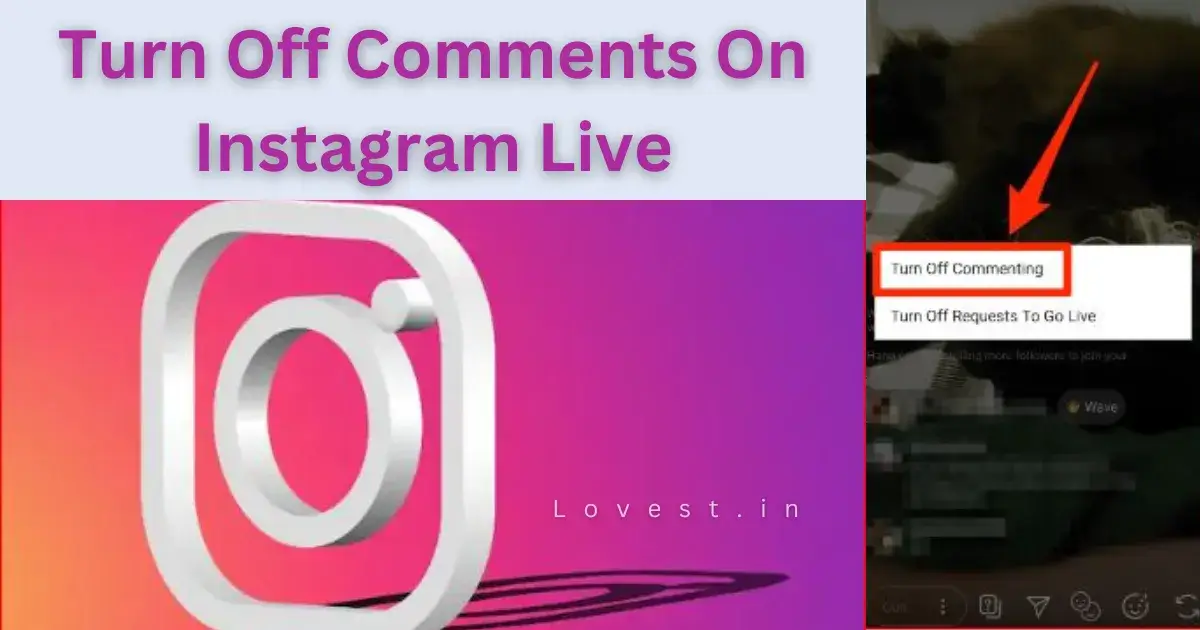What You Need to Know? How Do I Know if My Bond Has Been Revoked?
Bond revocation can be a cause of concern for individuals who have been granted bail or bond in legal proceedings. It is crucial to understand the signs, consequences, and steps to confirm if your bond has been revoked.
.webp) |
| How do I know if my bond has been revoked? |
In this article, we will delve into the topic of bond revocation and provide insights on how to determine if your bond has been revoked.
Being granted bail or bond can provide temporary relief to individuals who are facing legal charges. However, it is important to understand that the court can revoke a bond or bail under certain circumstances.
Bond revocation typically occurs when the defendant violates the terms and conditions of their bond, such as failing to appear in court, committing another offense, or tampering with evidence.
If you suspect that your bond has been revoked, it is crucial to take swift action to protect your legal rights.
Understanding Bonds and Revocation.
Before we dive into the signs of bond revocation, let’s first understand what bonds are and how they can be revoked.
A bond is a financial guarantee provided by a defendant or a third party, typically a bail bondsman, to secure the release of a defendant from custody while they await trial or other legal proceedings.
Bonds can be granted with certain conditions, such as regular check-ins with a probation officer, restrictions on travel or contact, and compliance with other legal requirements.
Bond revocation occurs when the court determines that the defendant has violated one or more of these conditions.
This can result in the bond being terminated, and the defendant being returned to custody until their trial or other legal proceedings are completed.
It is important to note that bond revocation is not the same as bond forfeiture, where the defendant loses the money or property they used as collateral for the bond.
Bond forfeiture occurs when the defendant fails to appear in court or otherwise violates the terms of the bond, resulting in the forfeiture of the bond amount.
Signs of Bond Revocation.
There are several signs that may indicate that your bond has been revoked. These signs may include.
Missing Court Dates.
One of the most common reasons for bond revocation is failing to appear in court as required. If you miss a court date without a valid reason or fail to comply with other court orders, it can result in your bond being revoked.
Committing Another Offense.
If you are charged with committing another offense while out on bond, it can result in your bond being revoked. This includes not only new criminal charges but also violations of other legal requirements, such as restraining orders or probation conditions.
Violating Bond Conditions.
Bond conditions are set by the court and may include restrictions on travel, contact with certain individuals, or drug and alcohol testing. If you violate any of these conditions, it can result in your bond being revoked.
Tampering with Evidence or Witnesses.
Tampering with evidence or witnesses in your case can result in your bond being revoked. This includes attempting to destroy or alter evidence, intimidating witnesses, or otherwise obstructing the legal process. Such actions can be considered a violation of the bond conditions and may lead to bond revocation.
Consequences of Bond Revocation.
The consequences of bond revocation can be serious and may vary depending on the circumstances and the jurisdiction. Some of the potential consequences of bond revocation may include.
Return to Custody, If your bond is revoked, you may be taken back into custody until your trial or other legal proceedings are completed. This can result in you being held in jail or detention, which can disrupt your personal and professional life.
Loss of Bond Amount, In some cases, if your bond is revoked, you may lose the money or property you used as collateral for the bond. This can have significant financial consequences and may result in a loss of assets.
Additional Legal Charges, If you commit another offense while out on bond or violate other legal requirements, you may face additional criminal charges. This can result in more severe legal consequences and a long legal process.
Negative Impact on Case, Bond revocation can also have a negative impact on your underlying case. It can be seen as a violation of trust by the court and may result in increased scrutiny and stricter conditions for any future bail or bond requests.
Reasons for Bond Revocation.
As mentioned earlier, bond revocation typically occurs when the defendant violates the terms and conditions of the bond. Some of the common reasons for bond revocation may include:
Failure to Appear, Failing to appear in court as required, without a valid reason, can be a ground for bond revocation. It is important to comply with all court dates and orders to avoid bond revocation.
Committing New Offenses, If you are charged with committing new offenses while out on bond, it can lead to bond revocation. This includes not only new criminal charges but also violations of other legal requirements.
Violation of Bond Conditions, Bond conditions, such as travel restrictions, contact limitations, and drug/alcohol testing, must be followed diligently. Failure to comply with these conditions can result in bond revocation.
Tampering with Evidence or Witnesses, Tampering with evidence or witnesses in your case can be considered a violation of bond conditions and may lead to bond revocation. It is important to refrain from any actions that can obstruct the legal process.
Violation of Probation or Parole, If you are on probation or parole while out on bond and violate the terms of your probation or parole, it can result in bond revocation.
Steps to Confirm Bond Revocation
.webp) |
| How do I know if my bond has been revoked? |
If you suspect that your bond has been revoked, it is important to take steps to confirm the revocation. Here are some steps you can take:
Contact Your Attorney, Your attorney is your best source of information and guidance in such situations. Contact your attorney immediately to discuss your concerns and seek legal advice on how to confirm if your bond has been revoked.
Check Court Records, Check the court records to see if there are any recent updates or changes to your bond status. Court records are typically available online or can be obtained from the court clerk’s office.
Contact the Bail Bondsman, If you used a bail bondsman to secure your bond, contact them to inquire about the status of your bond. They may have information on any changes or revocations.
Contact Court, Contact the court where your case is being heard and inquire about the status of your bond. Court clerks can provide information on any recent changes or revocations.
Attend Court Hearings, Attend all scheduled court hearings to stay updated on the status of your bond. If your bond has been revoked, the court will notify you during the hearings.
It is important to take prompt action and confirm if your bond has been revoked, as failing to comply with revoked bond conditions can result in further legal consequences. It is crucial to work closely with your attorney and follow any instructions from the court to avoid additional legal complications.
In Conclusion, being aware of the status of your bond is essential to ensure compliance with the legal process and avoid bond revocation. It is crucial to understand and follow all the conditions and requirements of your bond to prevent any violations that may lead to revocation. If you have any doubts or concerns about the status of your bond, it is important to take immediate action and confirm with your attorney or the court.
Frequently Asked Questions.
- Can my bond be revoked without prior notice?
Yes, in some cases, a bond can be revoked without prior notice if the defendant violates the bond conditions or commits new offenses while out on bond.
- What should I do if I suspect my bond has been revoked?
If you suspect that your bond has been revoked, it is important to contact your attorney and confirm with the court or the bail bondsman as soon as possible.
- Can I get my bond reinstated after revocation?
In some cases, it may be possible to get your bond reinstated after revocation by showing valid reasons and complying with any new conditions imposed by the court.
- What are the consequences of bond revocation?
The consequences of bond revocation may include the return to custody, loss of the bond amount or collateral, additional legal charges, and a negative impact on your underlying case.
- How can I avoid bond revocation?
To avoid bond revocation, it is crucial to comply with all the conditions and requirements of your bond, including appearing in court as required, avoiding new offenses, and following all bond conditions diligently.
Read More…
- How To Open a Bank Account In Mexico.
- Vioc Charge On Credit Card.
- How To Open A Bank Account That No Creditor Can Touch.
- Parent Directory Index Of Credit Card Accounts 2023.
- Mia & Co Charge On Credit Card Explain In Details.
- Bridgepointe Pus San Mateo Ca Charge On Credit Card.
- Bealls Family Of Stores Credit Card Login.
- Is Upneeq Covered By Insurance.
- Tooth Bonding Cost With Insurance.
- Mentom Retail Charge On Credit Card
- why is arestin not covered by insurance
- Ann Layton New York Life Insurance
- How to Get a Loan From Aadhar Card.


